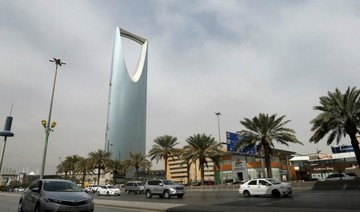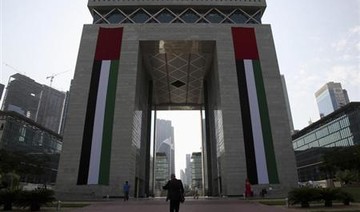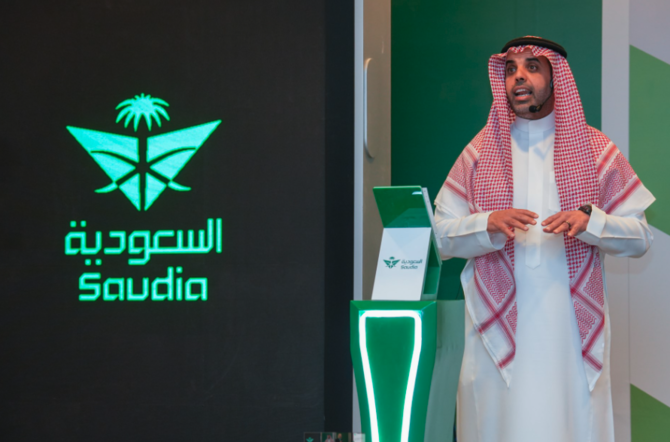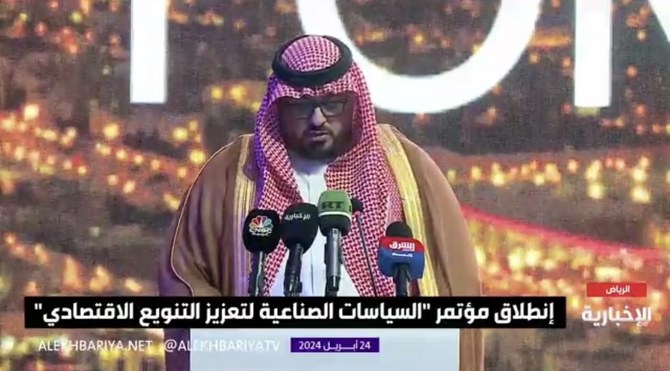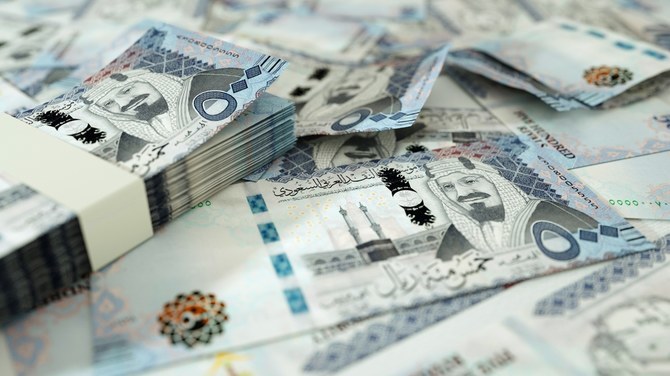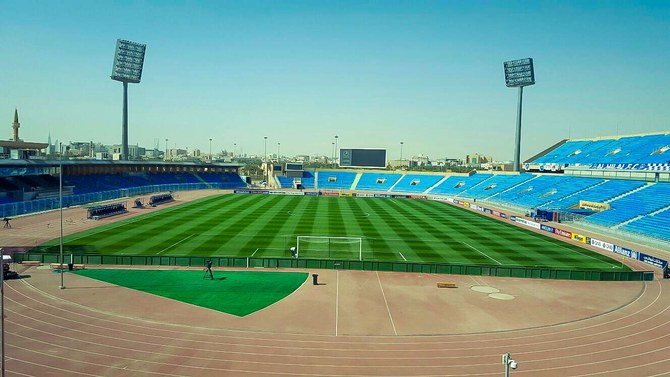LONDON: Saudi Arabia is discussing a coordinated approach to the regulation and nurturing of fintech startups with the UAE and Bahrain.
Such discussions form part of the Kingdom’s attempts to boost its nascent fintech ecosystem and to encourage the increased adoption of technology by incumbent lenders.
Discussions with central banks in the UAE and Bahrain would help to coordinate the fintech activities of financial centers around the Gulf region, all of whom are seeking to attract international and domestic entrepreneurs, said Mishari Al-Assailan, the acting head of Fintech Saudi, the division of the Saudi central bank charged with growing the sector in the Kingdom.
“We’re working on establishing some collaborations where we would give different assignments between different central banks and fintech hubs to develop a (common) GCC output when it comes to fintech,” he told Arab News.
Speaking at the “Unlocking the Fintech Scene in Saudi Arabia” event held in London on Friday, Al-Assailan said that it was important to develop a common approach to regulation among the region’s various fintech “sandboxes,” which enable startups to begin operating under a light-touch regulatory model.
“We’re all working today on excelling in our own sandboxes, but then there should be a GCC sandbox that ties into the rest of the Middle East,” he said.
“It’s hard to establish fintech firms (that can enter other markets) unless you have an infrastructure like the US that is quite open. We need to find a proper model for fintechs to jump in, get regulated quickly and if they do get regulated, everyone after them should use the same process.”
Saudi Arabia’s Capital Market Authority earlier this week approved the Kingdom’s first fintech licenses to Manafa Capital and Scopeer — both of which are fully Saudi-owned — to offer crowdfunding investment services on a trial basis.
The development of a fintech ecosystem is a significant component of Saudi Arabia’s Vision 2030 economic diversification strategy, and is seen as essential for broadening the country’s investment base and a transition toward a cashless digital economy.
Fintech initiatives in the Kingdom, however, have thus far trailed similar schemes launched in Bahrain and the UAE. Abu Dhabi Global Market launched its RegLab sandbox in November 2016, while fellow finance hub the Dubai International Financial Center launched “FinTech Hive,” the region’s first fintech accelerator program, in January 2017.
There are at present only about 20 Saudi fintech startups, according to Al-Assailan.
He conceded that the Kingdom had been slow to develop its fintech infrastructure in comparison with others, but expressed confidence that startups would be attracted by the size of the Saudi market.
“People used to go to the UAE and Bahrain because we didn’t have the infrastructure,” he said. “But most of those fintechs in the UAE and Bahrain want to sell into Saudi Arabia, because we have the market and the purchasing power and that by itself is an advantage for us.”
The new emphasis on fintech from Vision 2030 has subsequently made the Kingdom a more attractive destination for startups, according to an American fintech entrepreneur who has previously worked in Saudi Arabia.
“They’re coming late to the party, yes, but I don’t think that the timing is the only factor that will influence the companies that are looking to work in this space,” he said, asking not to be named.
“Obviously the UAE has a very well-developed ecosystem, but my experience is that with Vision 2030 Saudi Arabia now really wants to put its money where its mouth is.”
“The companies that have the really good ideas, if they’re knocking on the right doors, will find the support they need and probably more than you’d get in other countries.”
Fintech segments such as roboadvisory services, robobanking, crowdfunding and payment aggregation all offer significant growth opportunities, according to Al-Assailan.
In addition to the development of an ecosystem for startups, Fintech Saudi sees educating the Kingdom’s incumbent banks about the need to embrace technology in line with their counterparts in Europe, the US and elsewhere as important.
“It’s the future and it’s happening whether you like it or not,” he said.
“Banks need to realize that at some point you need to hire more developers than accountants into the bank, and that’s what we’re trying to preach.”
The development of robobanking lending facilities for the Kingdom’s SME sector was a particular priority, he said, given the central role of small businesses in Vision 2030.
“If we develop AI and robo capabilities to automatically approve and assign loans for SMEs and startups, this would boost the economy in a very efficient way,” he said.



